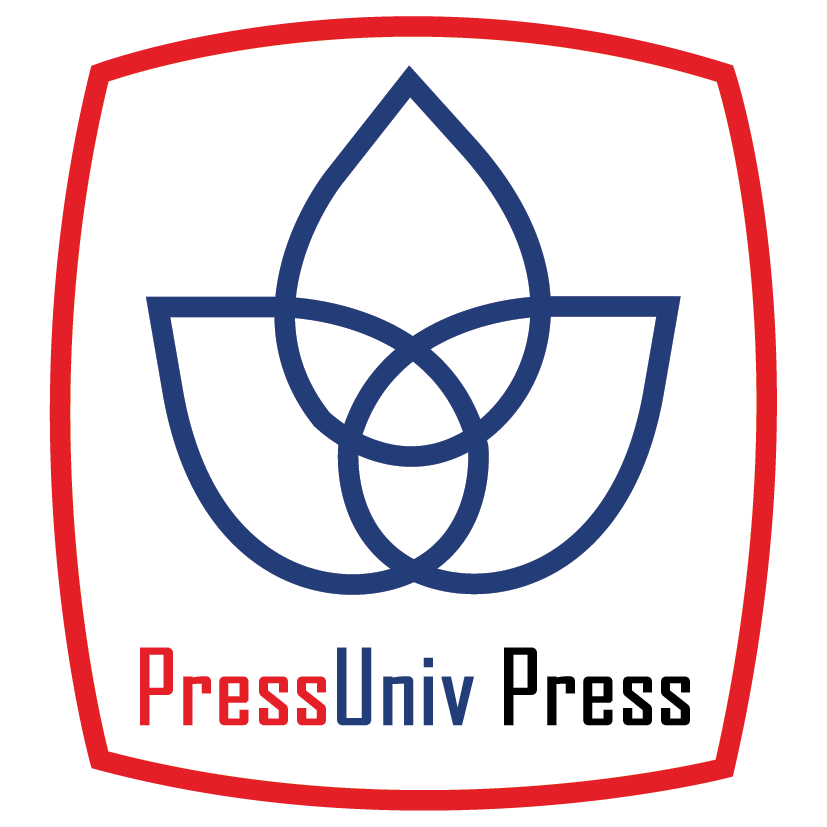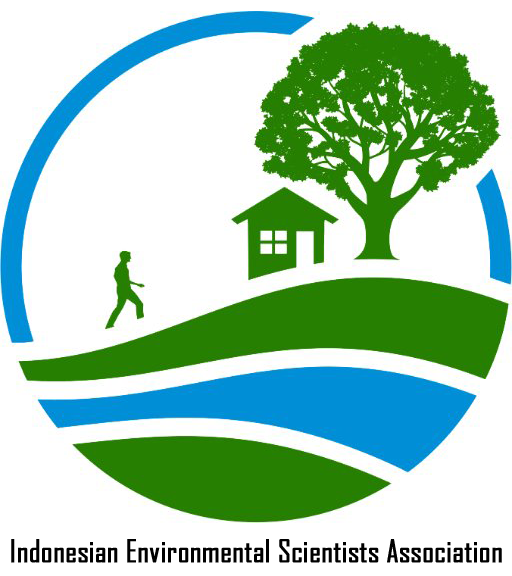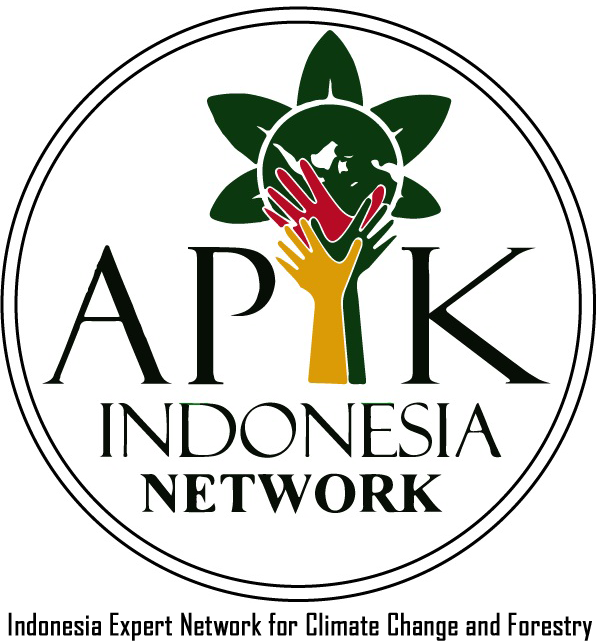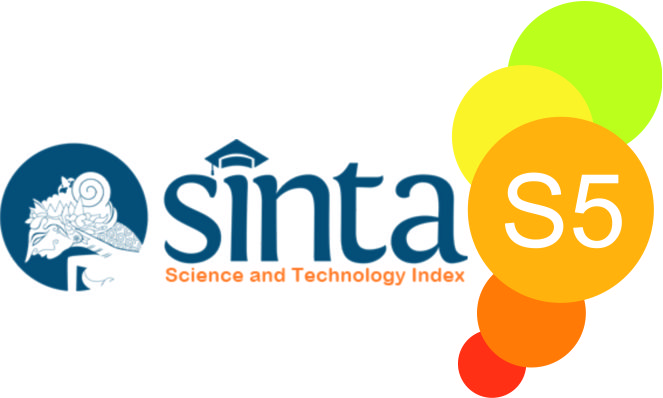Evaluation of Solid Waste Management Techincal Aspect In Taman Sari District, West Jakarta
Abstract
Keywords
Full Text:
PDFReferences
Abbas, Isnani Fatmasari. 2021. “Perencanaan Teknis Operasional Pengelolaan Sampah di Kecamatan Taman Sari, Jakarta Utara.’’
Alias, Fatma Sabariah, Latifah Abdul Manaf, Mariani Ariffin, and Sabrina Ho Abdullah. 2019. “Enchancing the Potensial of Recyclable Waste Collection Thru Was Bank Program Hei in Malaysia.’’ Journal of the Malaysian Institute of Planner 17(2);158-67.
Badan Standarisasi Nasional. 1994. SNI 19-3964-1994 tentang Metode Pengambilan dan Pengukuran Contoh Timbulan dan Komposisi Sampah Perkotaan.
Chu, Zhujie, An Zhou He, Weichiao Huang, and Zheng Lv. 2021. “The Potensial Value of Recycling Municipal Household Solid Waste in Shangai, China.’’ Journal of the Air and Waste Management Association 71(3) :2985-92. Doi: 10.1080/10962247.2019.1705435.
Damanhuri, Enri, and Tri Padmi, 2018. Pengelolaan Sampah Terpadu. Penerbit ITB.
David, Arokiaraj, Yamuna Devi Thangavel, and Ramanarayan Sankriti. 2019. “Way To Reduce the Waste.’’International Journal of Mechanical and Production Engineering Research and Development 9(3) :31-42.
Ekanthalu, Vicky Shettingodahalli, Safwat Hemidat, Susanne Harvard, Gert Morscheck, Mona Maria Narra, Satyanarayana Narran, Jan Sprafke, and Michael Nelles. 2020. “Waste Value Potential Analysis of Municipal Solid Waste Produced in the Peri-Urban Area of Zhaoquanying, China. “WIT Transactions on Ecology and the Enviroment 247 :25-34. Doi : 10.2495/WM200031.
Fitria, Seska, Pramiati Purwaningrum, dan Dwi Indrawati, 2018. “Analisis Potensi Daur Ulang Sampah di Kabupaten Lima Puluh Provinsi Sumatera Barat.’’ Seminar Nasional Cendekiawan Ke 4 Tahun 2018 d :753-57
Kementrian Lingkungan Hidup dan Kehutanan. 2022. “Sistem Informasi Pengelolaan Sampah Nasional 2021.’’
Nisa, Khoirum. 2020. “Rata-rata Jumlah Sampah Yang Masuk ke Tempat Pembuangan Sampah Terakhir (TPST) Bantar Gebang, 2019.
Owojori, Oluwatobi, Joshua N. Edokpayi, Ratshalingwa Malaudzi, and John O. Odiyo. 2020. “Characterisation, Recovery and Recycling Potential of Solid Waste in a University of a Developing Economy.’’ Sustainability (Switzerland) 12(12) :1-17.
Raharjo, S., S. Wulandari, and S. Fitriani. 2021. “Wate Bank System Improvement for Electronic Waste Recycling in Indonesia : A Case Study of Padang City. “IOP Conference Series : Earth and Enviromental Science 802(1).
Ramandey, Lazarus B. 2016. “Waste Management Strategic Planning (Waste Management in Jayapura City)’’. Waste Techonology. 4(1):13–15. doi: 10.12777/wastech.4.1.13-15.
Republik Indonesia. 2017. Peraturan Presiden Republik Indonesia Nomor 97 Tahun 2017 Tentang Kebijakan Dan Strategi Nasional Pengelolaan Sampah Rumah Tangga Dan Sampah Sejenis Sampah Rumah Tangga.
Sheau-Ting, Low, Tee Sin-Yee, and Choong Weng-Wai. 2016. “Preferred Attributes of Waste Separation Behaviour: An Empirical Study.” Procedia Engineering 145:738–45.
Sinha, Sanjeev Kr, Rajeev Ranjan Sinha, Prof Vikas, Kr Sinha, and Anup Tiwari. 2014. “Good Practices Regarding Solid Waste Management and Recycling.” 5(5):956–64.
Triana, Anisa Putri, and Emenda Sembiring. 2019. “Evaluasi Kinerja Dan Keberlanjutan Program Bank Sampah Sebagai Salah Satu Pendekatan Dalam Pengelolaan Sampah Dengan Konsep 3R.” Jurnal Teknik Lingkungan 25(1):15–28.
Warmadewanthi, and Millati Haqq. 2019. “Implementation of Waste Banks for Reduction of Solid Waste in South Surabaya.” MATEC Web of Conferences 276:06021.
Zhang, Dongyong, Mengge Hao, Sida Chen, and Stephen Morse. 2020. “Solid Waste Characterization and Recycling Potential for a University Campus in China.” Sustainability (Switzerland) 12(8):3086.
Zulfa, Shinta Ahdiani, Paramita Rahayu, and Erma Fitria Rini. 2021. “Ngemplak Sutan Sebagai Kampung Zero Waste Di Surakarta.” Desa-Kota 3(1):49. doi: 10.20961/desa-kota.v3i1.34463.49-60.
DOI: http://dx.doi.org/10.33021/jenv.v8i2.3847
Copyright (c) 2023 Pramiati Purwaningrum

This work is licensed under a Creative Commons Attribution-ShareAlike 4.0 International License.
Journal of Environmental Engineering and Waste Management Published by PresUniv Press, in collaboration with IESA and APIK Indonesia Network




